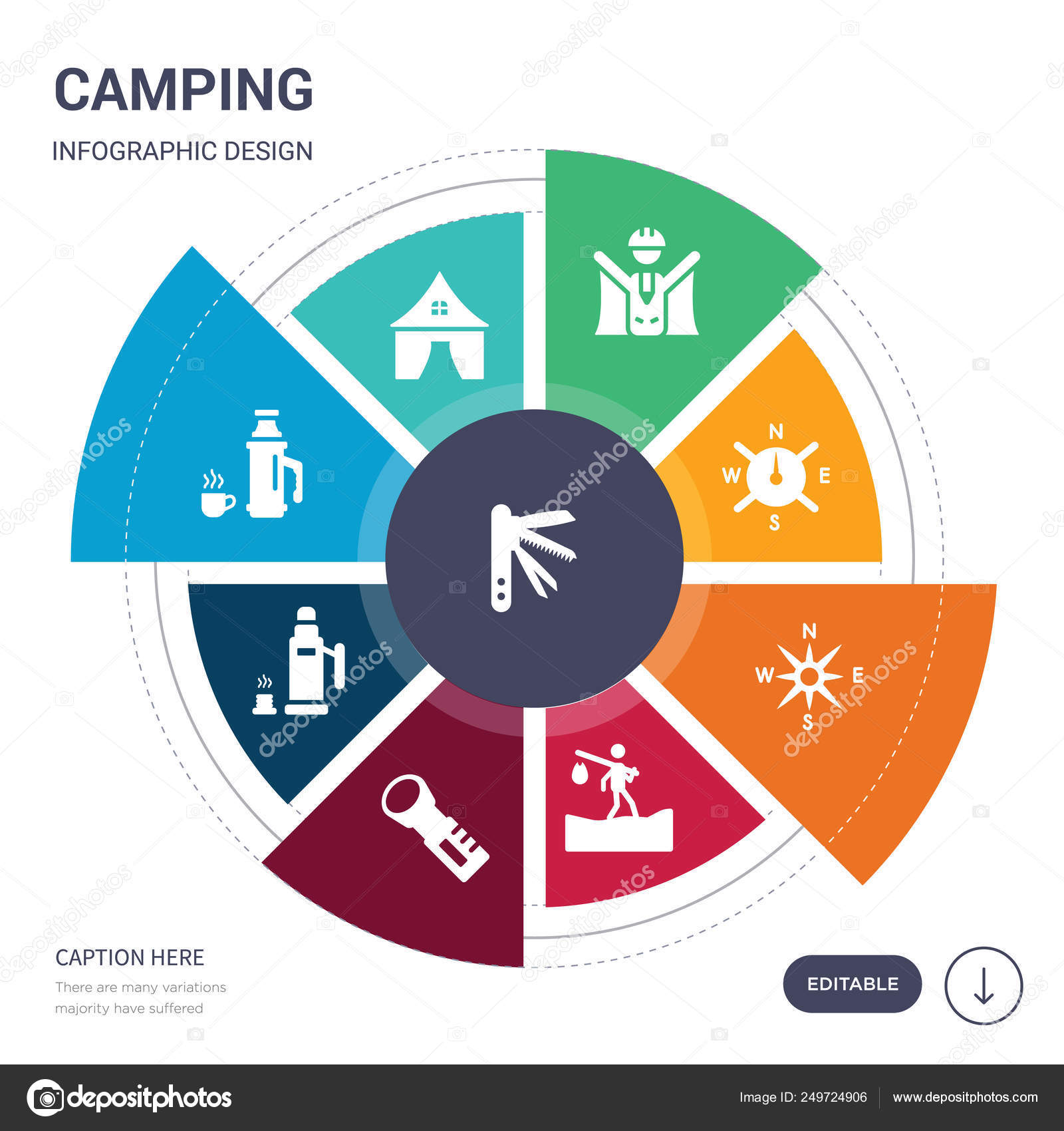Picking the right framework product is crucial for event tents. Whether it's layered steel for spending plan camping tents or anodized light weight aluminum for durable applications, there are numerous factors to consider to remember.
Steel frameworks prevail in lower-priced pop-up camping tents yet are prone to corrosion despite layers and need normal maintenance. Light weight aluminum is lightweight, normally resists rust, and stands up well in humid or seaside environments.
Steel
When it pertains to ensuring the sturdiness of custom camping tents, the product used in their frameworks plays a vital role. Steel and light weight aluminum alloys both offer premium toughness, but each offers one-of-a-kind benefits that make it proper for various types of atmospheres. Steel is excellent for rugged problems, while light weight aluminum master standing up to corrosion and lessening upkeep expenses.
When event hosts choose the ideal tent for their requirements, they require to take into consideration factors like expected climate condition. For example, frame camping tents usually perform better in windy or rainy problems than pole tents since they don't count on a main pole to support the structure. Nevertheless, the links in between frame pieces can compromise in high anxiety scenarios. Identifying these weaknesses and carrying out routine assessments can aid stay clear of possible damage.
Steel frameworks are difficult to reduce, weld or form, which can call for specialized tools and enhance labor expenses. On top of that, they tend to rust or rust quickly and might require added protection or coverings. Furthermore, steel is extremely hefty and can create concerns when moving a canopy. It's also difficult to keep for long periods of time since it occupies a lot more area than aluminum frameworks.
Light weight aluminum
Light weight aluminum is a preferred structure product for cover outdoors tents due to the fact that it's light-weight, rust-resistant, and very easy to move and establish. It additionally provides a more stable shelter during gusty conditions than steel frames. Aluminum is less prone to tearing and any damage can be easily repaired, prolonging the life of the tent. It also breathes to reduce condensation and provides exceptional acoustic insulation to dampen outside noise.
The resilience of aluminum frame tents is further boosted by the all-natural oxidation residential or commercial properties of the metal. It creates a compact oxide layer that protects the surface area from deterioration and discolorations. Thus, the long life of a light weight aluminum appear camping tent can be enhanced even further when the frame is plated.
Plated light weight aluminum is stronger than steel and can endure high wind speeds. Additionally, the covering stands up to deterioration and spots, prolonging the lifespan of the tent. Moreover, plated light weight aluminum is recyclable and sustainable, making it ideal for organizations looking for LEED accreditation. The combination of these residential or commercial properties makes aluminum an extra cost-efficient choice than steel for big, heavy-duty tents, such as those utilized to accommodate commercial devices and storage facility inventory. Steel, on the other hand, is extra expensive because it requires costly alloys such as nitrogen, molybdenum, and chromium to enhance stamina.
Iron
Iron framework tents commonly last as much as 15 years if the best treatment and upkeep is applied. This consists of on a regular basis cleaning up fabric and inspecting metal parts for deterioration and wear. By taking these procedures, event hosts can make the most of the reliability of their structures and ensure their continued efficiency in difficult atmospheres.
Steel is a perfect material for creating long lasting camping tents, particularly for usage in extreme climate condition. It is a solid, strong, and budget friendly product that supplies security and strength for a wide range of applications. However, steel is prone to rusting in humid and coastal environments. The enhancement of safety layers and normal upkeep can assist to reduce this danger, but these efforts enhance overall maintenance costs.
In contrast, aluminum is an extra durable choice for a custom-made outdoor tents due to its natural oxidation residential properties. When plated, aluminum becomes super-strong and as much as 3 times harder than conventional light weight aluminum alloys. This makes anodized light weight aluminum the second-hardest material next to diamond (satellites, airplane, and military cars all make use of anodized aluminum). In addition to its toughness, plated aluminum is likewise extra resistant to rust than steel. These aspects make light weight aluminum an excellent option for turn up canopy outdoors tents and add to their ability to lug longer service warranties (5, 7, and even life time structure warranties). In addition, aluminum is 1/3 promotional bag the weight of steel enabling a much thinner structure style for even more customization options and boosted toughness.
